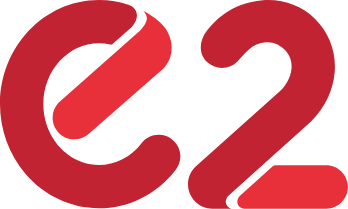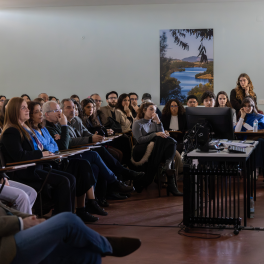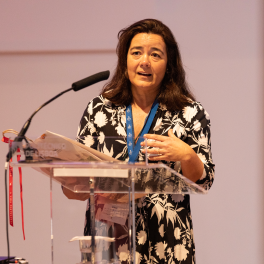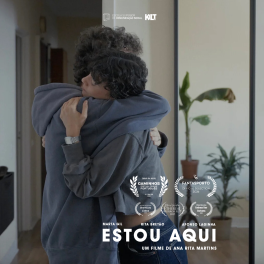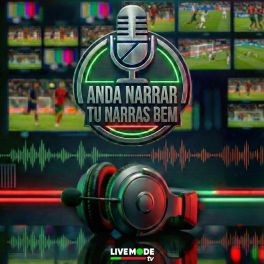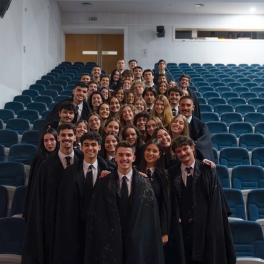Published: 22.04.2025
LIACOM, the ESCS research unit, has been accredited by the FCT (Foundation for Science and Technology).
The newly established Applied Research Laboratory in Communication and Media (LIACOM) has been accredited by the Foundation for Science and Technology (FCT) for the 2025–2029 period, receiving the rating of “Good”.
This accreditation reinforces LIACOM’s position as an emerging research center in the field of Communication Sciences, with a clear focus on innovation, interprofessional collaboration, and social impact.

The accreditation now enables LIACOM to receive funding from the FCT, marking an important step in the strengthening and development of ESCS’s research unit. The allocated funds will be essential not only for continuing current projects but also for launching new initiatives aligned with the center’s strategic goals.
Among LIACOM’s main objectives are: the creation of observatories in the areas of Strategic Communication and Consumer Behavior; the development of a laboratory dedicated to journalism trends; the consolidation of a research structure guided by a multidisciplinary approach; and the strengthening of ties with the professional sector and the international community. One of the center’s key goals is also the implementation of a PhD program to promote advanced training and the development of scientific careers.
Read the statement from the Director of LIACOM, Professor Jorge Veríssimo, in response to the center’s accreditation by the FCT:
ESCS is a nationally recognized institution, and the existence of a research center accredited by the FCT adds value not only to the School’s brand but also to the Polytechnic University of Lisbon (IPL).
This accreditation legitimizes, strengthens, and enhances scientific research at the School. Beyond recognizing the work already done, it helps solidify ESCS’s position within the Portuguese landscape of Communication Sciences education and research, placing the institution firmly on the national and international scientific research map in this field.
I believe this recognition will spark new initiatives and foster a more collaborative environment among faculty and researchers; it will open up more opportunities for national and international funding applications; and it will allow LIACOM to join international research networks and consortia.
Looking back, the creation of LIACOM—and its eventual accreditation by the FCT—was a long-standing ambition. I recall several efforts made toward that goal, including the creation of CIMDE (Media and Democracy Research Center) in the early 2000s and its later transformation into ICML (Lisbon Institute of Communication and Media), among other attempts.
Two years ago, we realized the conditions were finally right to pursue this long and demanding accreditation process. At that time, there was already a solid foundation of research and scientific output, projects for the future, and, most importantly, a shared determination to roll up our sleeves and get to work.
It was not an easy journey. It took two years of intense effort. It was our first time undertaking this, and there was little information available about the accreditation process. Dozens of meetings were needed. But we managed to prepare an application we are very proud of. In 2024, we organized a visit from the international panel of auditors to ESCS, which likely impressed them with its originality and creativity.
We succeeded — and this success was only possible thanks to the motivation and collaboration of everyone involved (faculty and staff) working together toward the goal we set out to achieve.
Text: Communication Office (Gabcom)
